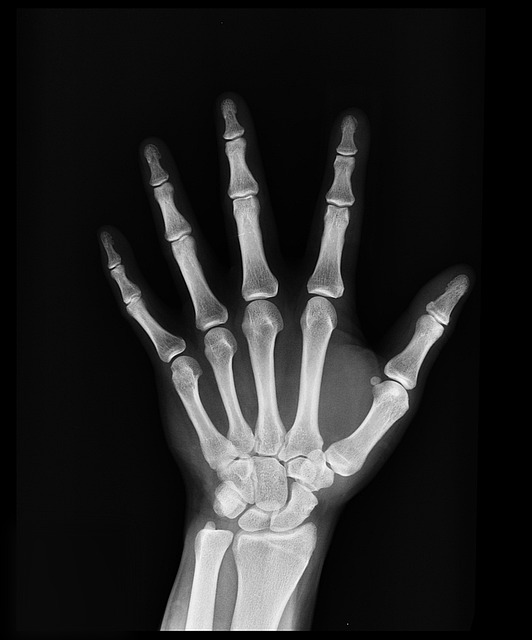 Psychology is a very broad term, and its basics have been known for centuries, if not millennia. Psychology has to do with our brain, with our inner self and with our emotions. Why we say what we say and feel what we feel. Psychotherapy is the medical way of helping people with mental illness through talking, in stead of putting them on heavy medicine and subduing their strange thoughts. Psychotherapy is an ancient profession, an ancient science, as people have been trying to understand our brain functions for ages. One could even say that Jesus was a brilliant psychotherapist. Even without counting his miracles, he helped thousands of people along his path just by speaking the right words at the right time. In later years, it is the German and Austrian thinkers we have to thank for our extensive knowledge about psychology and the therapy that follows it once we know how to help the individual. We are, of course, talking about the much respected Sigmund Freud and Carl Jung. These men spent their lives trying to understand and fully grasp the human brain, in all its depth.
Psychology is a very broad term, and its basics have been known for centuries, if not millennia. Psychology has to do with our brain, with our inner self and with our emotions. Why we say what we say and feel what we feel. Psychotherapy is the medical way of helping people with mental illness through talking, in stead of putting them on heavy medicine and subduing their strange thoughts. Psychotherapy is an ancient profession, an ancient science, as people have been trying to understand our brain functions for ages. One could even say that Jesus was a brilliant psychotherapist. Even without counting his miracles, he helped thousands of people along his path just by speaking the right words at the right time. In later years, it is the German and Austrian thinkers we have to thank for our extensive knowledge about psychology and the therapy that follows it once we know how to help the individual. We are, of course, talking about the much respected Sigmund Freud and Carl Jung. These men spent their lives trying to understand and fully grasp the human brain, in all its depth.
Help by conversation
Basically, psychotherapy works by talking. It has nothing to do with drugs or medicine in general, even though some modern psychotherapists combine their treatments with medical prescriptions. Psychotherapy is extremely complicated, as our problems can lie in a completely different compartment of our brain than we would think. Freud advocated that all our syndromes and psychological troubles come from childhood traumas and a subconscious which has been tampered with. By reaching into the deep thoughts of the individual and making them realise the trauma they went through, as well as acknowledging it, is supposed to help the patient overcome their worries and start life from scratch.
Different approaches for different patients
In psychotherapy, there are hundreds of ways to approach a patient. First of all, it depends on the age of the individual. There are psychotherapists that specialise on children psychology, whereas others focus on war veterans and elderly people. All in all, it is about getting to know the patient and find the roots, the core of his or hers issues. By finding this root and ripping it out, the brain will solve the rest itself. At least according to the scientific point of view.

